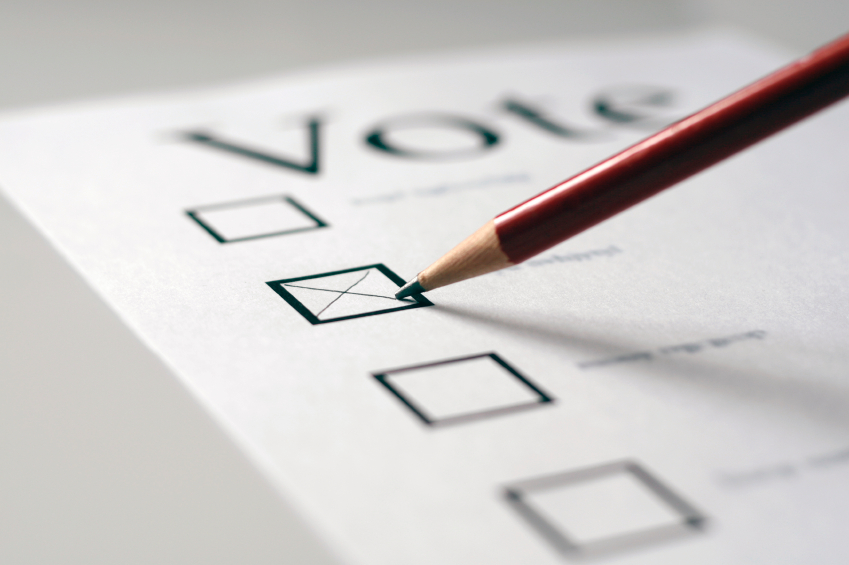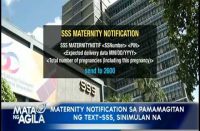QUEZON City, Philippines (Eagle News Service, May 11) – Recently, a recall election was held in Puerto Princesa, Palawan. The incumbent mayor, Lucilo Bayron won said recall election against former Mayor Edward Hagedorn.
So, what is this thing that we call “recall election”?
 According to Wikipedia, a recall election is a procedure by which voters can remove an elected official from office through a direct vote before his or her term has ended. The political system of the United States of America incorporates recall election and it is from the said country that the Philippines adopted the idea.
According to Wikipedia, a recall election is a procedure by which voters can remove an elected official from office through a direct vote before his or her term has ended. The political system of the United States of America incorporates recall election and it is from the said country that the Philippines adopted the idea.
It is Republic Act No. 7160 “An Act Providing For A Local Government Code of 1991” that provided for the mechanisms of recall election in our country.
In the Philippines, the valid ground for the instigation of the recall election protest against local government officials is loss of confidence.
The exercise of the electorate of their power to initiate a recall election is subject to limitations under the law, one of which is that no recall election can be initiated within one year after a regular election.
Also, any elective official can be subjected to only one recall election during his or her term. Said elective official being subjected to the recall process is not allowed to resign.
The process of recall is initiated against an elective official of the barangay, municipality, city or province by a registered voter in the local government unit concerned and supported by the registered voters in the concerned LGU.
 Said support should pass the required percentage: At least 25% for an LGU with a voting population of not more than 20, 000. For LGUs with a voting population that is at least 20, 000 but not more than 75, 000, the required percentage is 20% provided that the required petitioners should not be less than 5, 000. For LGUs with a voting population at least 75, 000 but not more than 300, 000, the required percentage is 15% provided that the required petitioners should not be less than 15,000. And for LGUs with a voting population that is over 300, 000, the required percentage is 10%, provided that the required petitioners should not be less than 45, 000.
Said support should pass the required percentage: At least 25% for an LGU with a voting population of not more than 20, 000. For LGUs with a voting population that is at least 20, 000 but not more than 75, 000, the required percentage is 20% provided that the required petitioners should not be less than 5, 000. For LGUs with a voting population at least 75, 000 but not more than 300, 000, the required percentage is 15% provided that the required petitioners should not be less than 15,000. And for LGUs with a voting population that is over 300, 000, the required percentage is 10%, provided that the required petitioners should not be less than 45, 000.
As for the recall petition, it should contain the following: The names and addresses of the petitioners written in legible form with their signatures; the barangay, municipality, city, local legislative district and province to which the petitioner belong; the name of the official sought to be recalled; and a brief narration of the reasons or justifications therefore.
Said written petition should be signed before the election registrar or his chosen representative, after which it should be filed with Commission on Elections thru its office in the LGU concerned.
Within fifteen days after the filing of the petition, the COMELEC should ascertain if it met the required percentage. If not, the petition is automatically nullified.
If the petition is found to be sufficient in form, the COMELEC or its duly authorized representative shall, within 3 days form the issuance of the certification, provide the official sought to be recalled a copy of the petition, cause its publication a national newspaper of general circulation and a newspaper of general circulation in the locality, once a week for 3 consecutive weeks at the expense of the petitioners and at the same time post copies thereof in public and conspicuous places for a period of not less than 10 days nor more than 20 days, for the purpose of allowing interested parties to examine and verify the validity of the petition and the authenticity of the signatures contained therein.
The COMELEC or its duly authorized representatives shall, upon issuance of certification, proceed independently with the verification and authentication of the signatures of the petitioners and registered voters contained therein. Representatives of the petitioners and the official sought to be recalled shall be duly notified and shall have the right to participate therein as mere observers. The filing of any challenge or protest shall be allowed within the period provided in the immediately preceding paragraph and shall be ruled upon with finality within 15 days from the date of filing of such protest or challenge.
Upon the lapse of the aforesaid period, the COMELEC or its duly authorized representative shall announce the acceptance of candidates to the positive and thereafter prepare the list of candidates which shall include the name of the official sought to be recalled. The officials sought to be recalled shall automatically be considered as duly registered candidate or candidates to the pertinent positions and, like other candidates, shall be entitled to be voted upon.
The recall of an elective local official shall be effective only upon the election and proclamation of a successor in the person of the candidate receiving the highest number of votes cast during the election on recall. Should the official sought to be recalled receive the highest number of votes, confidence in him is thereby affirmed, and he shall continue in office.
As citizens of the Republic of the Philippines, we should be aware of our rights and responsibilities in ensuring that we have the best governance that we deserve.
(ENS, written by Jay Paul Carlos, additional research by Aimee Mendoza)







